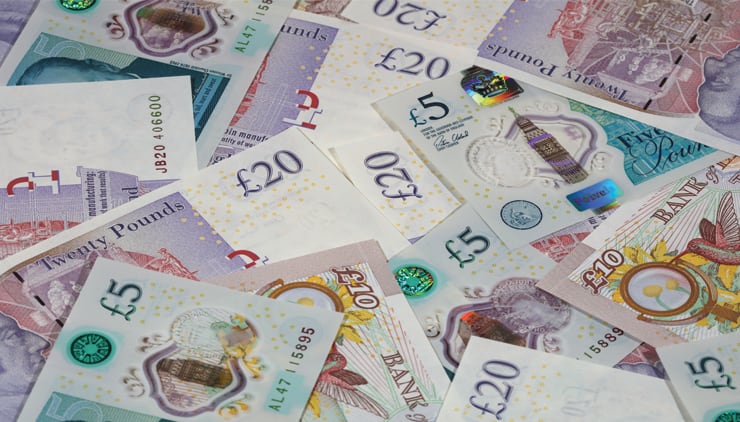According to Barclaycard, 2018 was a tumultuous year for consumer spending overall with factors such as extremes in weather as well as wider political and economic uncertainty resulted in a series of shifts in purchasing patterns.
The research relates to the period 24 December 2017 to 18 November 2018 and is compared with the same period in the previous year.
Following a steady start to the year, consumer spending slowed in March to just 2% thanks to the weather conditions caused by the ‘Beast from the East’, keeping consumers at home.
This equated to a decline in expenditure in real terms, with growth falling below the annual rate of inflation.
However, once the weather improved in the summer, it was a different story with spending growth surpassing 5% for three consecutive months.
The ongoing heatwave alongside World Cup fever encouraged consumers to spend on days out and long summer evenings.
Spending on entertainment
Autumn saw more subdued levels of spending as Brits balanced their budgets in the run up to Christmas.
When looking at what Barclaycard called ‘non-essentials’, growth saw a slight rise, reaching 3.6% compared to 3.2% in 2017.
Spending on entertainment continued to be a priority for consumers with expenditure overall up by 9%, specifically in pubs by 11.2% and restaurant spending remained strong, growing by 8.7%.
However, it was a different case altogether for the retail sector, where spending was in decline. Clothing expenditure reached just 0.7% growth, falling below the rate of inflation and representing a decline in real terms.
While family clothing and men’s clothing both saw increases (1.8% and 3% respectively), this was not enough to compensate for women’s clothing falling by 1.7%.
A continuing trend from 2017 was department and electronic stores remaining under pressure seeing contractions of 3.7% and 3.8% respectively.
Amid high-profile closures on the high street and ongoing political and economic uncertainty, consumer attitudes towards the UK economy as whole were subdued, according to Barclaycard. By October 2018, a record low of just 28% of Brits felt confident in the UK economy.
Confidence low
On a personal level, the proportion of consumers feeling confident in their own household finances also paled in comparison to previous years, reaching 52% in November – the lowest level since Barclaycard started tracking this data point in March 2015.
Barclaycard director Esme Harwood said: “Spending remained relatively robust in 2018 with strong growth in entertainment spending balancing continued struggles on the high street.
“The weather played a key role, with the long hot summer driving spending while the colder weather kept consumers from the shops earlier in the year.
“Ongoing political and economic uncertainty has begun to have a marked impact on how people feel about their finances.
“Confidence in the UK economy and confidence in household finances both dropped to their lowest levels in October and November respectively.
“Looking ahead, it will be interesting to see how consumers respond to the January sales and what impact the wider environment will have on household budgets and consumer confidence in the new year.”

